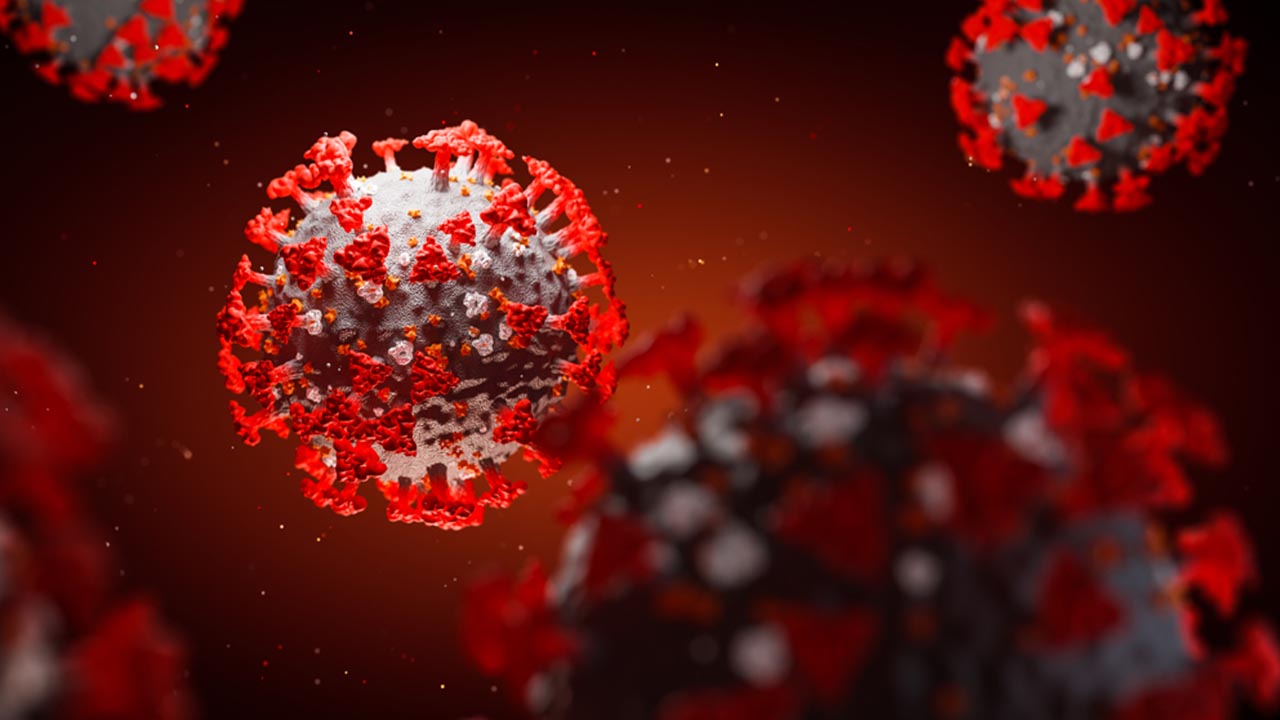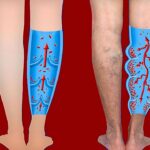Vascular health is mandatory to live a healthy balanced life. The circulatory system ensures the optimum blood pressure regulated by a baseline blood flow required for the normal functioning of body organs. There are some circumstances under which blood coagulates and become too thick, eventually leading to blood clotting and cardiovascular risks. It is a major vascular damage crisis that, in mild conditions, can recover. However, acute ones might be non-treatable. Numerous reasons can be causative agents of vascular abnormalities; one of the many encounters is the spike proteins. Spike proteins, when contacted with blood, can cause thrombosis, which is directly related to the probability of vascular damage.
Vascular dysfunction by spike proteins
The recent COVID epidemic has predicted that the S proteins on the surface of the viral particles have a detrimental effect on vascular and cardiac health rather than the infection itself. These proteinaceous entities act on the human cardiac pericytes causing vascular inflammation and disrupting the blood-brain barrier.
The circulating spike proteins result in vascular damage with a yet-to-be-determined pathological mechanism by biologists. Some of the observed physiological changes in the vascular system reported by S proteins are
- Human epithelial cells have enhanced senescence and vascular inflammation
- Stimulation of peripheral nerves
- Release of vasoactive and inflammatory mediators
- Secrete inflammatory cytokines
- Spike protein can cause vascular and cardiac pericytes migration
- Can cause endothelial cell death
Pathologies of viral spike proteins on vascular health
Viruses have surface proteins that have an affinity for the CD147 receptor of human blood cells. These are called spike proteins with spike structures. The pathophysiology of spike proteins is gathered because these directly attack the heart’s vascular cells leading to blood coagulation and micro-vascular damage. This means that the S protein combat with the immune barriers of the vascular system, which is bad for human health.
Clinically, it was found that the blood samples of COVID-19 patients have traces of freely circulating S proteins. Blood homeostasis is widely affected by the spike proteins’ disruption of vascular endothelial cells, the interface between the blood and tissue matter.
Spike proteins, cardiovascular and cardio-muscular damage
Spike proteins can attach to heart muscles and vascular cells, which slow heart pumping, as the blood circulation is affected by it. Heart pericytes are susceptible to S proteins’ cytotoxic action, which fails their connection with endothelial cells.
Thus, it compromises the cardiovascular system’s structural and functional efficiency, causing severe vascular damage. COVID-19 and Omicron variants bear multiple spike proteins responsible for vascular issues.




